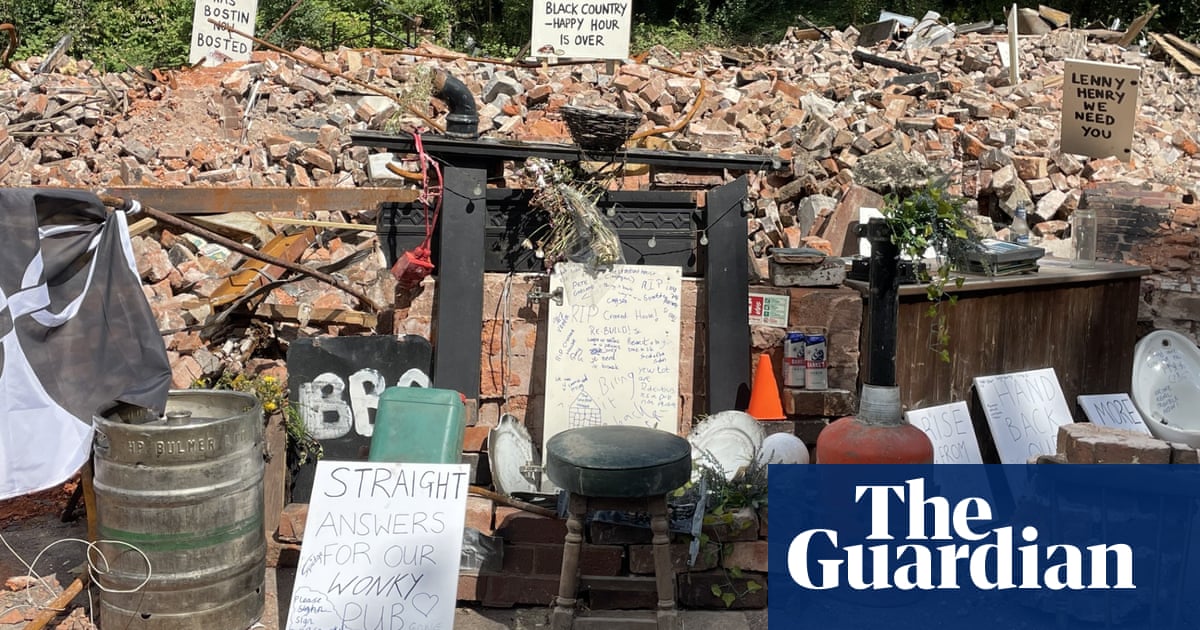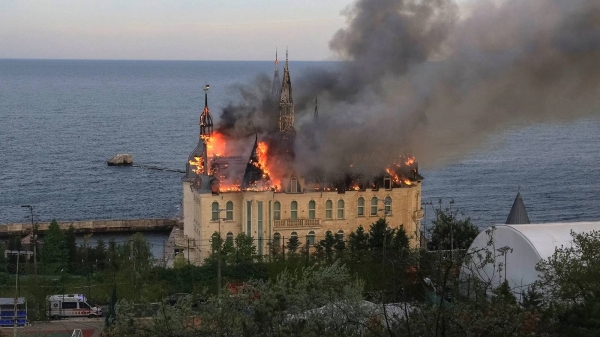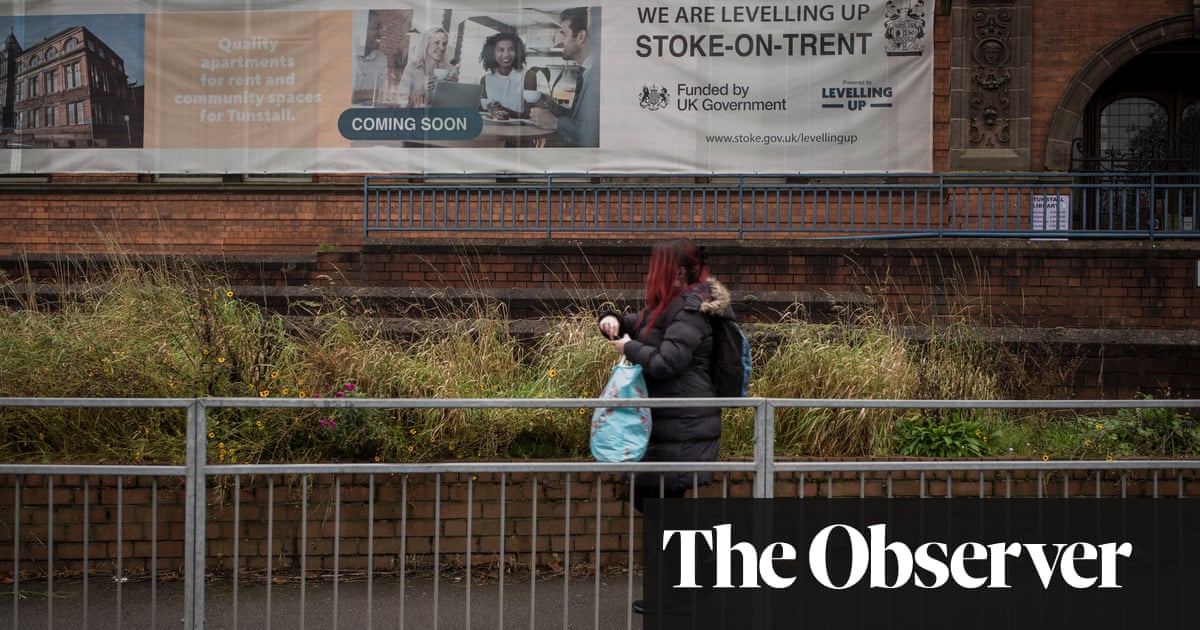
asting can make or break a TV show or film. Pick the right actors and you could be looking at rave reviews and best performance accolades, while the wrong choice could be distracting or – worse still – drag down the whole production.
This week’s Bafta television craft awards will be celebrating the importance of casting directors, with the first ever prize for casting on scripted TV series. Ahead of the awards, the nominees delved into the highs and lows of their profession, from pursuing potential new faces through the streets for days to discovering a huge new talent such as John Boyega.
Des Hamilton, Top Boy (Netflix)
I first got into casting when I met Lynne Ramsay, who directed Ratcatcher. She’s a fellow Glaswegian and she was lining up [her 2002 film] Morvern Callar. She knew that I went back and forth between London and Glasgow. She said: “I’m looking for a non actress who could play the co-lead opposite Samantha Morton,” and asked if I would be interested in helping her. When I was up in Glasgow, she asked me to have a look around and if I saw anyone interesting to approach them.
I loved the experience. I became obsessed and started chipping away at the main cast. I was offered David Mackenzie’s Young Adam straight after, with Tilda Swinton and Ewan McGregor.
The only time I’m not looking for actors is when I’m driving. You look at someone to see if they’ve got something about them, their face and the way they move.
I chased Thomas Turgoose around housing estates for four days [for This is England]. I had a posse of kids looking out for him. I’d seen this kid just cycling around at high speed everywhere. I’d be like: “Who is he?” They said: “That’s Thommo. He won’t be interested.” I couldn’t get hold of him. Eventually, I said to one of his mates: “Come and see me, I’ll give him a tenner.” He popped round and didn’t want to come down again. I had a Motorola Razr - the iPhone of its time. I said: “You come to the audition, you get the job, you can have my phone.” All he wanted to do was to mess around with my phone.
The director I learned the most from emotionally was Claire Denis. She has a sensitivity towards the human condition. She’s very sharp. I learned the most about being a man from Yann Demange. He’s got a kindness there, a generosity. He was very patient with me.
I naturally swear a lot and go off page in auditions. It’s part of my remit to challenge and push [the actors]. If the scene’s not working, you might try to take it in a different direction. The actor senses: “This isn’t what I expected, there’s a freedom here.” They relax into that improvisation. Then we’ll go back to the intention of the scene. Often you have a more realistic scenario.
A guy came in on the first series of Top Boy. We were doing improv. He put a hand down his pants and pulled a gun out. Straight away, I could see it was metal. I thought: “It’s a real gun.” He was waving it around. It turned out it was a replica. A very good one. That was pretty bizarre. He kept stressing to me that he knew this world. I told him: “Calm down, we’re doing an audition. Let’s try it out where he’s just quietly intimidating.” He was excited to be there. He got there three hours early. I think that gun was down his pants for four hours.
Lauren Evans, Sex Education (Netflix)
Our job is to take the vision of the writer, producer, director, and bring it to life by casting actors who we feel will do justice to the writing, the characters and the worlds they’re trying to create. That involves either seeking out new talent or making a wish list of actors that we think would be appropriate.
Some directors will have particular ideas for roles and we start to build upon that or they’re very open to being informed of new actors or different names.
You start by seeing who’s with an agent, who is out there as an actor working. We’ll look at National Youth Theatres, youth groups or sports clubs. A lot of times, we go to schools, colleges or universities. Sometimes if the brief is very specific, we’ll put it out on social media in the hope that people will share it.
On World War Z, we were looking for a Korean sea captain. We couldn’t find what we were looking for on Spotlight at the time. I remember Googling online, running down to a few Korean restaurants, and finding someone there who was a chef. We brought him into the office, put him on tape and he got it.
It’s funny how some actors try to think outside the box and do something that’s quite memorable. We were looking for a role on Bridget Jones’s Baby where these rioters would come in and at the end they would flash their bras to the camera. I remember saying to them: “Please come in but we’re not going to do that scene.” But one of them actually hoisted her top up and she’d written: “Pick me.”
A few of the Sex Education guys came in for a lot of different roles. Once you saw them and realised they had this incredible potential, you wanted to hold on to them if they weren’t right for that certain part.
When Ncuti [Gatwa] came in for the chemistry read, they put music on and he burst into this incredible twerk and we were just like: “Yes!” It blew us all away.
The day that we cast Jamie Demetriou in Paddington 2, I was thrilled. I used to watch these five-minute videos on YouTube that he’d written and performed himself. I thought it was absolute genius. Everyone loves him now, he’s in everything.
Someone who already has an established body of work tends to be offer only. You have conversations with the producers or directors about whether you want to make them an offer. The script goes to them so that they get a chance to consider the material, the team, and whether they want to come on board or not. Ben Taylor [the director of Sex Education] met with Gillian Anderson when she had the offer for Jean. With his passion and enthusiasm for this project, he was the best person to tell her about it.
Nina Gold, Chernobyl (HBO/Sky Atlantic)
Some of the qualities needed as a casting director are a good memory, patience, the ability to keep an open mind, and having a real interest in people and what they are about. And liking actors. They are pretty impressive, after all.
We cast John Boyega in Attack the Block when he was still a teenager. To see him become the star in Star Wars was pretty fantastic. His talent is undeniable. I really believed he was going to be the guy and together we persevered until everyone else saw it too.
Sometimes in auditions, people do odd things. Occasionally, you can see that they have some sort of desperate urge to start removing clothing and you’re sitting there getting very nervous thinking: “Oh, for Christ’s sake, don’t do that. Put that back on!”
One nameless person almost set Mike Leigh’s office on fire. There was some kind of weird improvisation going on involving a box of matches and a newspaper. It got completely out of control. Luckily, it was all OK in the end.
One thing that we’re really proud of in Chernobyl is how the cast works as a whole. You have to remember to have an overall big picture vision of how it’s going to be rather than just thinking about it one person at a time. Each actor’s commitment, from the leads to the smallest part, makes it brilliant.
Robert Sterne, Chernobyl (HBO/Sky Atlantic)
I was acting a bit in my 20s and I used to help out casting directors at commercial castings. I really wanted to work on scripted drama so I wrote to Nina. My first task there was to find a red-headed boy to play Aaron A Aaronson [in Hot Fuzz]. I had one afternoon in Wells to look around schools. I remember when the boy walked in and I thought: “There he is.” I knew without a doubt that I’d found him and remember the absolute jubilation of that.
Part of the job on The Crown involves helping actors find ways to play famous real-life characters without doing impersonations of them. Some people make an immediate connection and just run with it. I’ll never forget Claire Foy’s audition when she was heavily pregnant, with a plastic crown on her head; she managed instantly to make the most famously inaccessible woman utterly accessible. I’m still not quite sure how she did it.
Game of Thrones was an incredible adventure and they gave us great freedom to cast unknown actors. We had no idea it was going to become the thing it was. It was a buzz to watch all the performances developing as the years went by, especially all the younger ones whose first job it was.
I appear fleetingly as a steward in season one which quickly confirmed to me that I’m better behind a camera than in front of one.
Yoko Narahashi, Giri/Haji (BBC/Netflix)
Drama has been my life. It’s this magical moment when the role fits the actor, the two come together and it just works perfectly. It’s really beautiful. That’s what I love about casting. I can only be true to myself and my instincts.
When I did The Last Samurai, Ken Watanabe was the first actor I introduced to the director Edward Zwick. I just thought he would be a great lead in the movie. But Edward, having just gotten off a long flight and possibly a little jet lagged, passed on Ken. After several weeks, he had seen many people but wasn’t happy with anyone and was getting frustrated that we didn’t have a lead. So I said: “Can we look at the guy that you met at the beginning? Because I just think he is really wonderful.” He said: “OK, sure.” When he came into the room, I think Edward knew that was him. You have to have persistence, faith and trust in your choices.
Shaheen Baig, Giri/Haji (BBC/Netflix)
I love when I get to cast a film that requires finding new talent. I still have a massive soft spot for Control because it was one of the first films I cast on my own. It had a discovery in the lead Sam Riley. I absolutely loved working on Lady Macbeth. I cast Florence Pugh previously in The Falling, which was her very first film, through an open casting call. I remember her chemistry test with Cosmo Jarvis very clearly. The thing that struck me about Florence was that she was completely fearless and just went for it. That’s what won her the role.
In auditions, we are asking actors to be brave and expose themselves. To put themselves out there. We make that space as safe as it can possibly be. But ultimately, only one person can get the job. Rejection is the hardest thing. We have to go through that with so many actors, and that’s really hard especially when you know someone has fought for the role. It’s a part of the industry that is never going to change, but rejecting actors never gets any easier.
Layla Merrick-Wolf, Giri/Haji (BBC/Netflix)
We were doing a film [Lost in London] with Woody Harrelson that he was directing. Having him walk down the stairs of this audition room, actors practising in the hallway and then doing a double take as he came down, just really sticks in my mind as being one of those days when you’re like: “This is my job. This is so bizarre.”
Shaheen and I worked together on God’s Own Country. Josh O’Connor [who plays Johnny] was lovely. I think it was a different role to things he’d gone up for before. He was very open, enthusiastic and was ready to get straight into it. Francis [Lee, the director] really responded to that.
You’ve got to really believe in actors and want to champion them. You’ve got to keep moving with something that’s always changing. You can never get really comfortable. It keeps you on your toes all the time.












